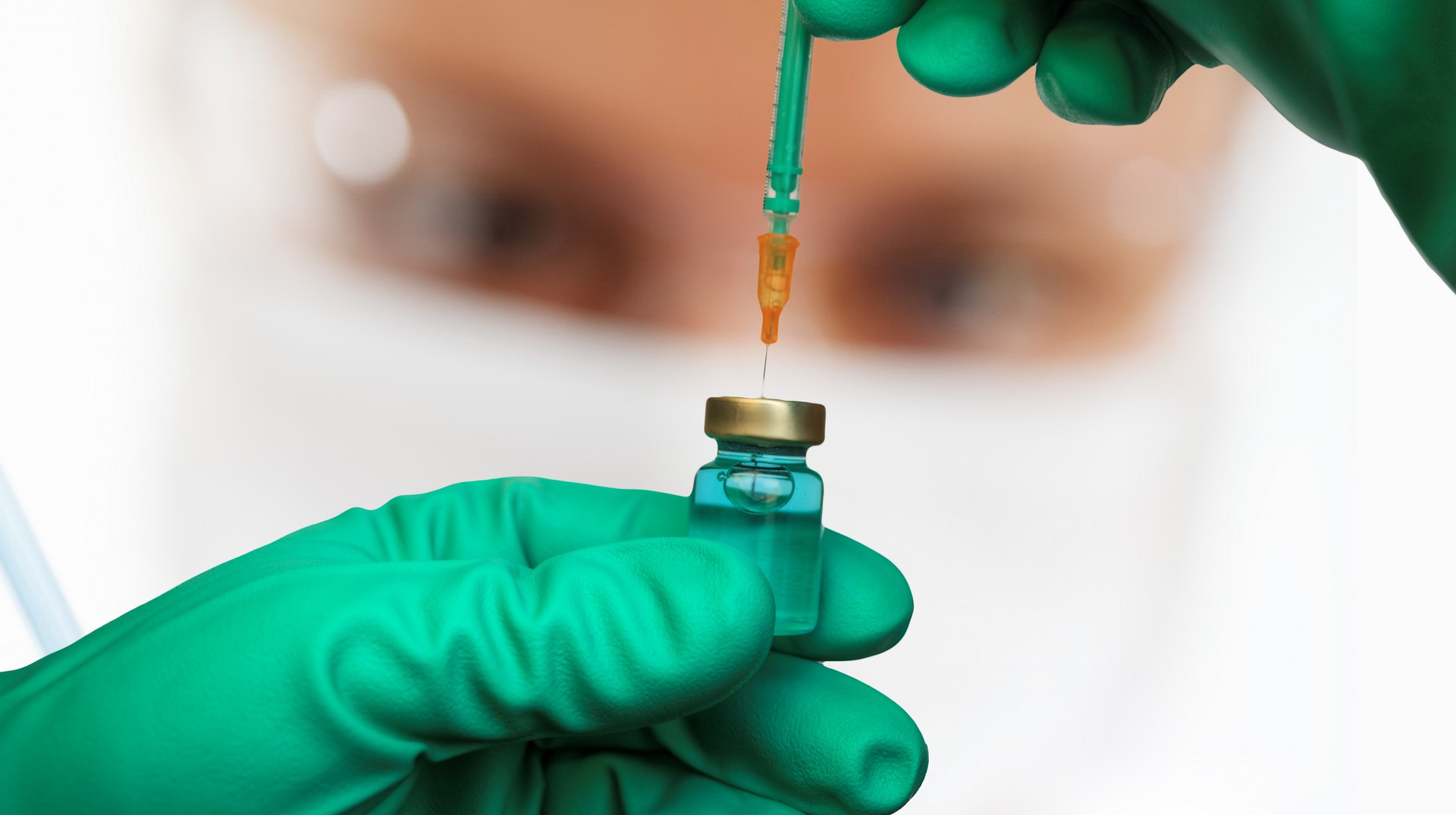Expert Reaction
These comments have been collated by the Science Media Centre to provide a variety of expert perspectives on this issue. Feel free to use these quotes in your stories. Views expressed are the personal opinions of the experts named. They do not represent the views of the SMC or any other organisation unless specifically stated.
Dr Deborah Cromer is Group Leader in Infection Epidemiology and Policy Analytics and a Senior Research Fellow in the Infection Analytics Program at The Kirby Institute, University of New South Wales
The recent report from the CDC aligns well with what we already know about immunity to COVID-19. It shows that protection against severe disease from both Omicron and Delta is better after three doses than two, and that protection goes down as the time since your last vaccine increases. This is indeed what has been predicted by modelling and what we have seen in preliminary data from the UK.
This latest report adds to the accumulating weight of evidence that supports the idea that COVID-19 will become an endemic disease in the population, with continued immune boosting either from natural infection or annual vaccination being required to maintain protection. The excellent news from this study is that even more than four months after a booster dose, efficacy against hospitalisation was still nearly 80 per cent indicating that the booster doses are continuing to provide protection over a prolonged period.
Professor Adrian Esterman is Chair of Biostatistics at the University of South Australia
A report just released by the CDC has found that during this Omicron period, vaccine effectiveness against hospitalisation for COVID-19 after a third dose fell from 91 per cent two months after the dose to 78 per cent at four months.
Other research has shown that vaccine effectiveness against symptomatic disease caused by Omicron fell from 60-75 per cent at two to four weeks after the third dose to 25-40 per cent from 15+ weeks. Clearly, like the two primary doses, protection after the third dose appears to wane quite quickly over time. That being the case, should we now be considering a fourth dose and potentially a fifth dose as being “up to date”?
ATAGI already recommend a fourth dose three months after the third for those severely immunocompromised. A major problem of opening borders and the “let it rip” approach is that although infection with Omicron is milder for most people, it can still cause serious disease in the elderly and those with underlying health conditions such as diabetes. Perhaps it is now time for ATAGI to widen the group of people able to receive a fourth dose to this at-risk group, especially since many of them received their third dose two to three months ago.
For the rest of the population, over the next few months we will almost certainly have an Omicron-specific vaccine available, and it might be well worth holding off until then.
Dr Daniel Layton is an immunologist from the CSIRO
While a number of countries have authorised the use of a second booster shot, there is currently limited clinical data on whether it will provide increased effectiveness.
Our immune system is regularly being challenged by viruses and bacteria around us, often mounting an immune response to multiple pathogens each year. It is unlikely that additional boosters will have negative impacts on our immune system, however advisory groups such as ATAGI will be closely monitoring emerging data to determine what benefit is to be gained from additional boosters.
The data presented by the CDC actually shows how effective our current vaccines are, even against the Omicron variant, particularly in the first 2-3 months following the booster.
Associate Professor Sanjaya Senanayake is a specialist in Infectious Diseases and Associate Professor of Medicine at The Australian National University
At the moment, the booster dose provides very good protection against hospitalisation from Omicron (78% after four months according to US data) although protection against symptomatic disease isn't as robust (around 45-50% 10 weeks post the booster according to UK data). It is unclear how quickly both those parameters will decline with time. Israeli data does show that a fourth dose increases vaccine effectiveness against infection and severe disease, but again the duration of this immunity is uncertain.
Moving forward, if a fourth dose is required, the preference would be a variant-specific one. Right now, both Pfizer and Moderna have updated their formulations to develop an Omicron-specific vaccine. If the vaccines do well in trials, they will become available to the general public, but this may not be till the second half of the year. Hopefully the combination of natural immunity from these Omicron waves and lingering booster immunity, in combination with common-sense COVID-safe measures, will protect us till then.
Regarding fourth or extra doses, especially if it is not an Omicron-specific vaccine, it may be prudent to target vulnerable populations, such as the elderly, immunocompromised and those with certain risk factors. While Australia has demonstrated good vaccine uptake to this point, 'vaccine fatigue' might kick in, especially in younger people.
In terms of the vaccine landscape, there are eight intranasal (literally sprayed up the nose) vaccines that are in various stages of clinical trials. These vaccines may be more effective at providing robust immunity in the nasopharynx itself and therefore make it harder for a recipient to get infected and transmit the virus. Other vaccines such as the Spike Ferritin Nanoparticle vaccine from the US might offer broad immunity against multiple variants.
And it is here that the danger with COVID-19 arises, since a new variant may reset the immunity clock once again. And there is no guarantee that a future variant will not be more virulent than Omicron.



 Australia; NSW; VIC; SA; ACT
Australia; NSW; VIC; SA; ACT


